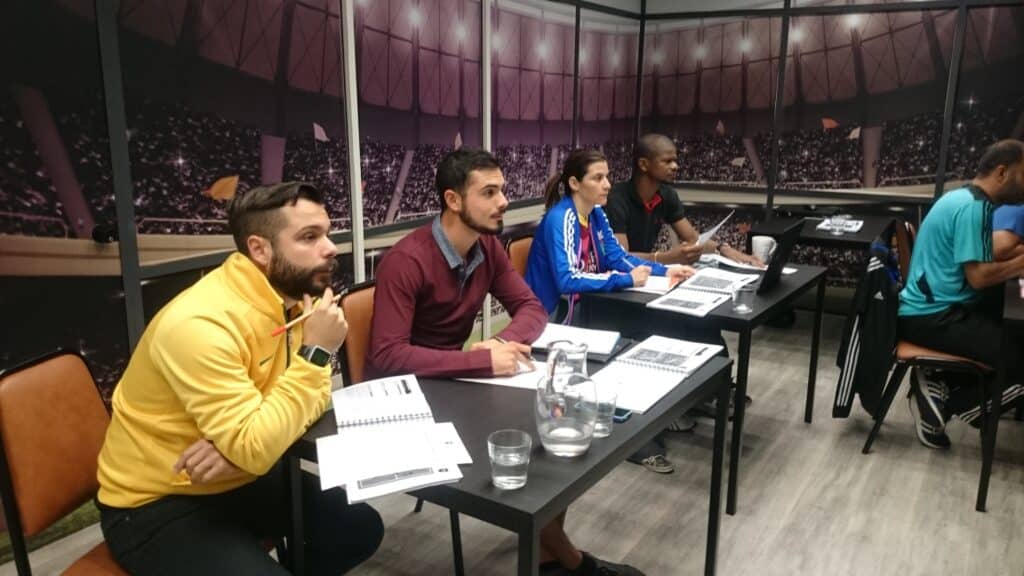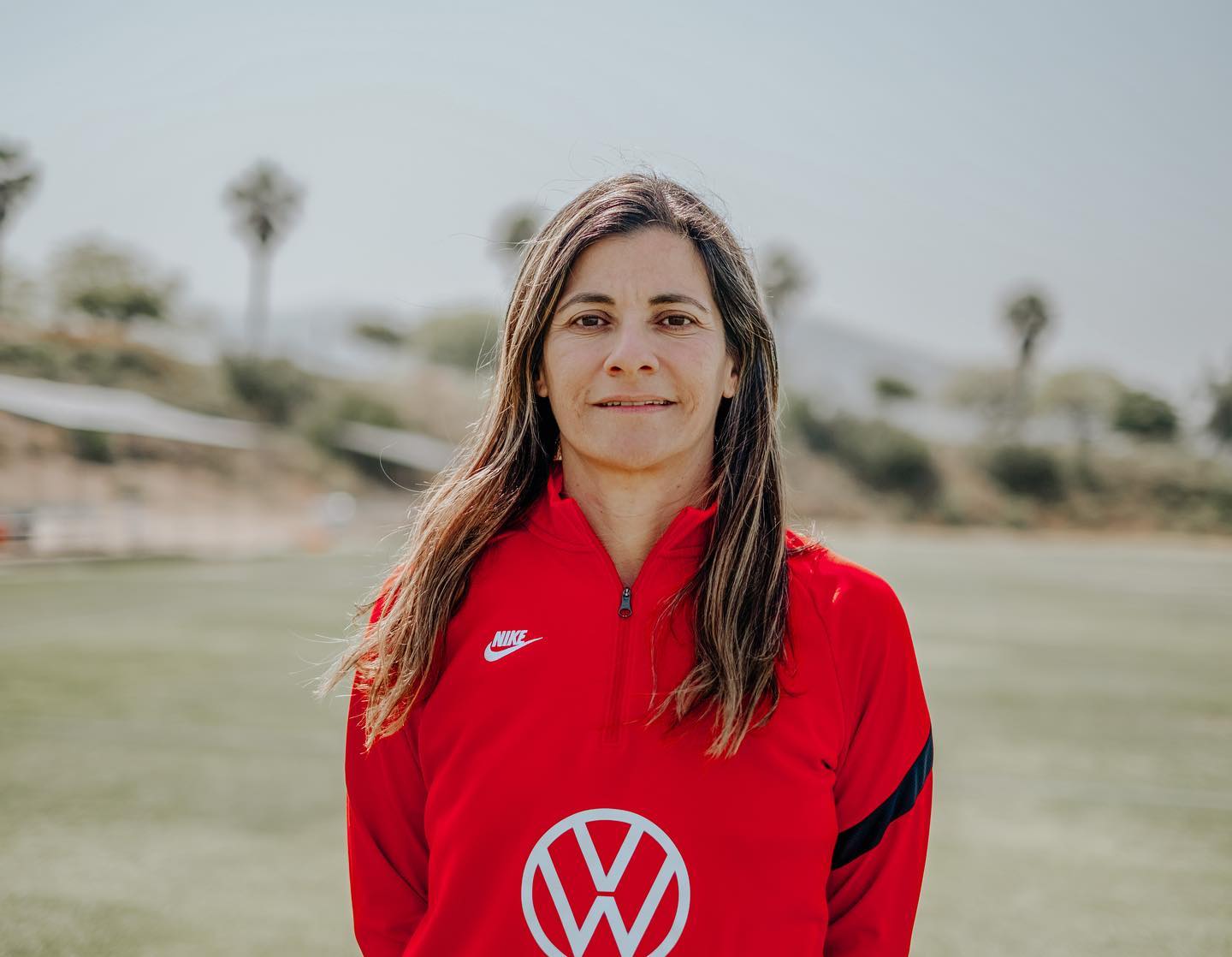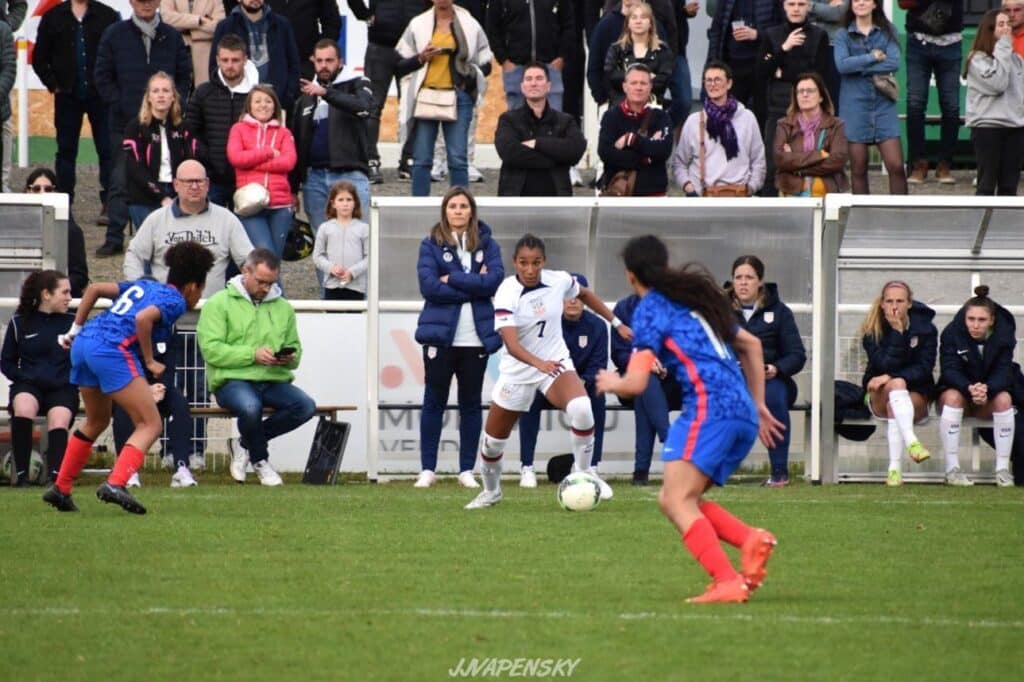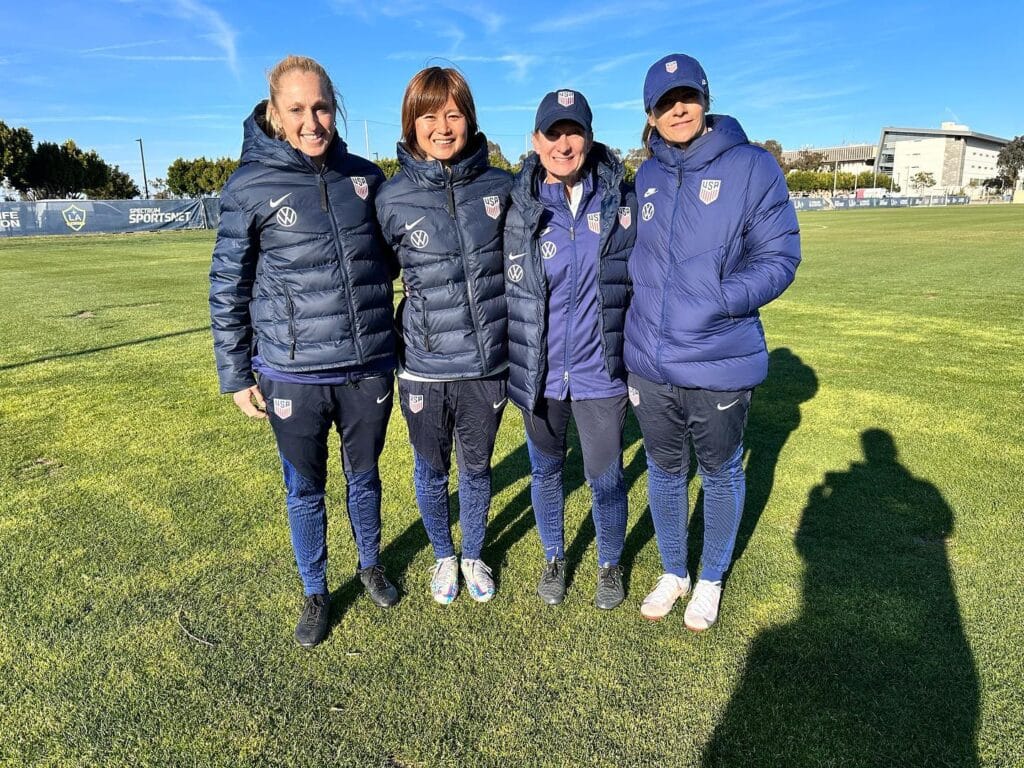Patricia Toledo
Patricia is a former professional soccer player. She played for Brazilian clubs Corinthians, Palmeiras and Flamengo, and then in England and Iceland. After she finished her career as a player, she decided to become a coach. She did some youth coaching teams on the West Coast side, she worked for L.A. Galaxy Albion, and then she did the Master’s in High-Performance Football at MBP School of Coaches in Barcelona. Since 2022, she’s been working with the U.S. Women’s U16 National Team as the Head Coach.
As an MBP Ambassador, she helps us strive for excellence in every step.
You started very early in soccer, having significant experiences in Brazil, and you have firsthand experience of the revolution that women’s soccer has undergone. How do you analyze this revolution in recent decades?
Definitely, there’s a lot of change, the positive change in terms of years ago and years now. Overcoming social barriers and stereotypes that were placed on us, back in that time when soccer was a sport for men, it is hard to believe that you have to explain or educate people that sports are for everyone. It’s hard to believe that women were prohibited from playing sports. It’s just shocking to think that those things were taking place years ago. Not much long ago, but it’s super encouraging to see the progress in overcoming those social stereotypes. I’m happy to see that a lot of players can live just for soccer. In the past, we barely got paid.
Now players are financially stable, being able to dedicate their lives to soccer, and it’s been huge as well. Of course, there’s so much more to be accomplished. There’s much more to be done. As we saw Jamaica in the last World Cup last year, they struggled to play the World Cup because there was no money involved. So, unfortunately, we still see situations like that. However, I do believe that soccer is on the right path to being a successful sport.
Although Brazil is always seen as a reference when it comes to soccer, there is still a significant gap between the men’s and women’s games. What do you think needs to evolve for women to have the same opportunities there?
I believe there are two main things and they are linked together. The first one is that in Brazil there was structural sexism. There’s a lot of structural sexism which is linked with the financial. Because once you believe that soccer is not for women and you strongly believe that, you have negative reasons to not believe it in women’s sports because you don’t think it is as good as the men’s. So then you start comparing.
And of course, when you compare, it’s not going to be the same. So I think because the sexism becomes “I don’t believe in women’s sports” and that means sponsors and money don’t come in to invest because they don’t think people will come to see women’s sports. I believe it’s growing. I believe it’s in a better place than 10, 15 years ago. But I also believe there’s so many other countries that are ahead of Brazil in terms of financially and investment.
You immigrated to the USA where you studied and prepared yourself to become the coach you are today. How important were your studies in your career?
The coach I am today was because I was open to learning new things from different countries and different places. I learned so much in the U.S. in terms of discipline, commitment, physical aspect, and challenging yourself beyond most. In Spain, I learned a lot about the tactical aspects, positional and individual positionals line tactics. So in Brazil, creativity, right? Freedom to make decisions with the ball. And I think those cultural points for major countries are always going to be a strength, not a weakness.
So as much as you learn from different places, I think the better you will be because then you can get the best of each world and then you can bring the best to your own philosophy. So yeah, I strongly believe that because I was open and I played in different countries and coached different places, that definitely gave me a better and more complex idea of, you know, people’s needs. Also, you work in a place that has cultural differences, right? The more you learn different things, I think the better you will adapt to new things.
Soccer is gaining more and more prominence in the USA, with professionalization and significant investment. How do you see the prospects for national teams looking towards the future and the 2026 World Cup?
Is going to be an awesome World Cup year not only for U.S. players but for all women’s teams. As we see, a lot of teams are growing and investing and showing a lot of tactical understanding and physical aspects in games. So it’s being very competitive compared to like five or ten years ago for the U.S. I believe it’s very positive. There’s a lot of professional teams now.
We have the Super League, which is going to definitely recruit and it’s going to be good marketing for those young players to be in good environments and be challenged and develop their game to the best. So yeah, I think that we are on the right path and I look forward to seeing how these players will be performing.
What would you say to girls who dream of one day making a living from soccer?
I will tell players to believe in themselves, never compare with other people. You can never compare because people are different. So that’s what we tell players in camp. Never compare yourself. Always focus on your improvements. Make sure you have an action plan and keep working hard because dreams can come true and it will come. The work will pay off if you work hard. They say 80% is hardworking, 20% is talent. So it’s up to each individual to make sure they at least have the 80% on that.
